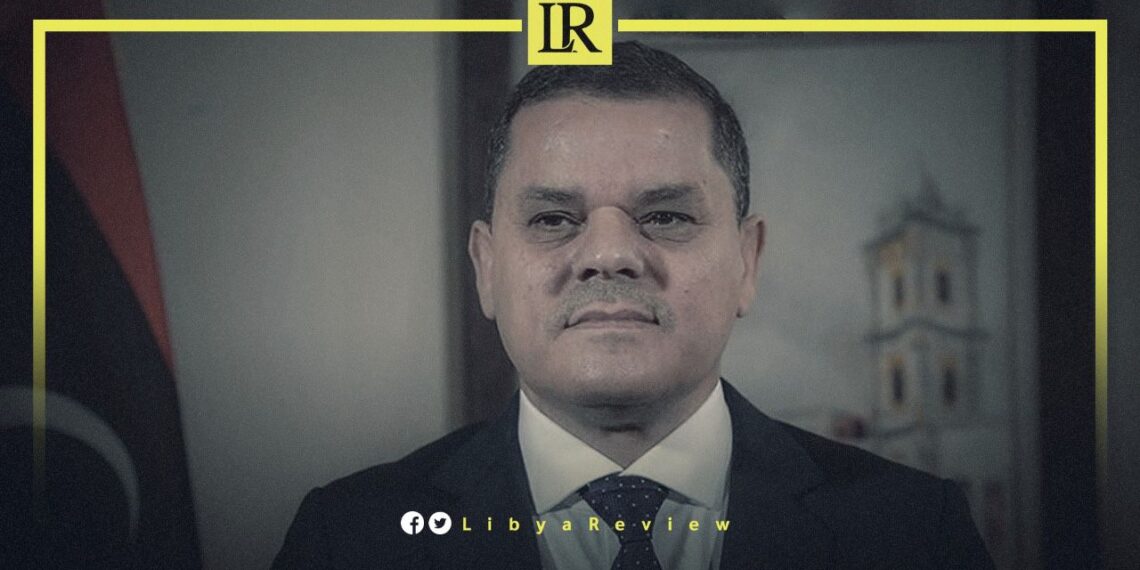A report issued on Sunday by the French newspaper Le Monde cast a critical spotlight on Libya’s ongoing political and security turmoil, placing much of the blame on the policies of the Prime Minister of the Government of National Unity (GNU) Abdul Hamid Dbaiba.
Since 2020, Libya has been caught in a whirlwind of crises that have exacerbated the country’s instability, raising concerns about the future of this pivotal North African state.
Le Monde’s report elaborated on how the GNU’s government strategies are seemingly pushing Libya towards an official division. The country is currently teetering on the brink of state bankruptcy, with rampant insecurity in its capital, Tripoli, and rising tensions across the nation. This precarious situation has given rise to a parallel government in the eastern regions, further complicating Libya’s political landscape.
The report particularly emphasized the precarious situation faced by the interim Prime Minister, who is navigating through a crippling financial crisis while maintaining contentious ties with various armed factions. This fragile political landscape has been further destabilized by ongoing clashes at the Ras Ajdir border, heightening the risk of an ethnic conflict between the Amazigh and Arab communities within the country.
Le Monde’s conclusion starkly notes Libya’s glaring absence from international priorities, despite its strategic importance and the volatile potential that the current crisis harbors. The country is depicted as a “powder keg” that could ignite at any moment, underscoring the urgent need for a coherent international strategy to address Libya’s multifaceted challenges.
Since the fall of Muammar Gaddafi in 2011, Libya has been engulfed in chaos, with the power vacuum leading to the rise of rival administrations and myriad militias competing for dominance.
Libya’s strategic geographic position, overlooking the Mediterranean Sea, coupled with its oil wealth, draws significant international interest, making its stability crucial not just for regional security but for global energy markets. However, the influx of mercenaries and foreign military support has complicated the situation, diluting the focus on a political resolution.
The insights from Le Monde’s report call for a reinvigorated international approach to Libya, emphasizing the need for diplomatic efforts to unify the country and foster a sustainable path toward peace and prosperity.


